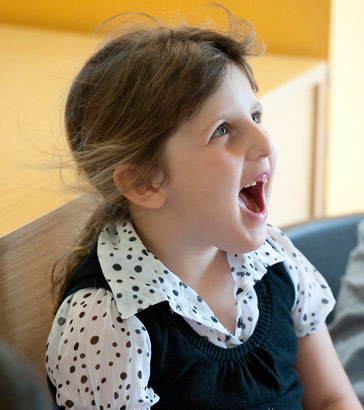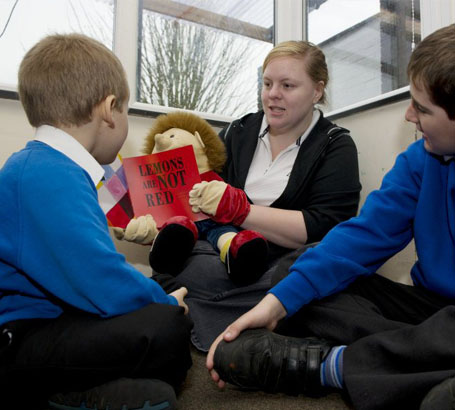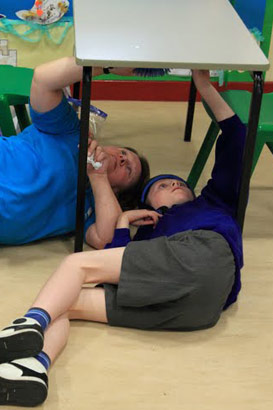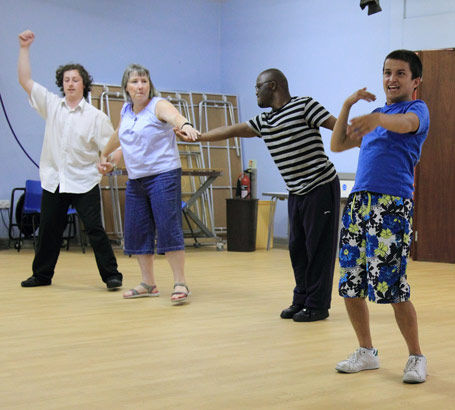
What resources, strategies and techniques do you currently use to develop
students' emotional literacy?
How do you teach a vocabulary for emotions so as to ensure that children
can manage these effectively and also accurately describe
their behaviours?

In Nurturing Emotional Literacy, Peter Sharp defines emotional literacy as the ability to recognise, understand, handle and express emotions appropriately.
The use of the word 'literacy' as opposed to 'intelligence' is of some significance. Emotional literacy skills are not something fixed or stable over time – unlike intelligence. This online course is firmly rooted in the premise that these skills can be learnt and developed and that all human beings are capable of some level of personal development that maintains their well-being.

There is a significant body of evidence that shows there is a link between
the emotional literacy or mental well-being of children and that of their
parents.
Social class and mental health are also strongly linked. A study
in 2000 on Mental Health and Adolescents in Great Britain involved 10,000
face to face interviews with children aged 5–15 and 4,500 with young people
aged between 11–15: 14% of those with mental disorders came from social
class 5 (unskilled occupation) compared with 5% from social class 1 (professional
families). Other factors that related to childhood mental illness were parental
employment, single parents, poor parental qualifications and parental mental
health.

It is more likely that emotionally literate parents or carers will have
emotionally literate children, who will then go on to be emotionally literate
parents themselves. And the same is true for the emotionally illiterate.
This is a cycle that needs to be broken when it maintains the mental ill
health of young people. Professionals working with young people and teenagers
both in and out of the home have a key role to play – both in terms of modelling
emotionally literate behaviours and in terms of providing opportunities
for these skills to be learned and fostered.
Given the range of challenges that young people face, modelling emotionally
literate behaviour is a priority, particularly for those with learning difficulties
who are more at risk of developing mental health difficulties or will experience
them with little if any detection and support from those around them.
All pupils need to be able to develop and maintain good mental health and emotional (psychological) well-being, in order to:
- Develop psychologically, emotionally, intellectually, creatively and spiritually;
- Use and enjoy solitude;
- Develop a sense of right and wrong, understanding and valuing the differences between people and respecting the right of others to have beliefs and values different to others;
- Recognise and manage strong feelings such as frustration, anger and anxiety;
- Initiate, develop and sustain mutually satisfying personal relationships including friendships;
- Become aware of others and empathise
with them; - Play and learn effectively and co-operatively;
- Solve problems with others and alone and deal with and resolve conflict effectively and fairly;
- Face and recover from problems and setbacks and use any psychological distress that results as a developmental process and learn from them in ways that do not impair or hinder further development.
of emotions

How do you teach a vocabulary for emotions so as to ensure that children can manage these effectively and also accurately describe
their behaviours?

Sharp, P. (2001) Nurturing Emotional Literacy, David Fulton.
Office for National Statistics (2000) The Mental Health of Children & Adolescents in Great Britain. London: The Stationery Office.